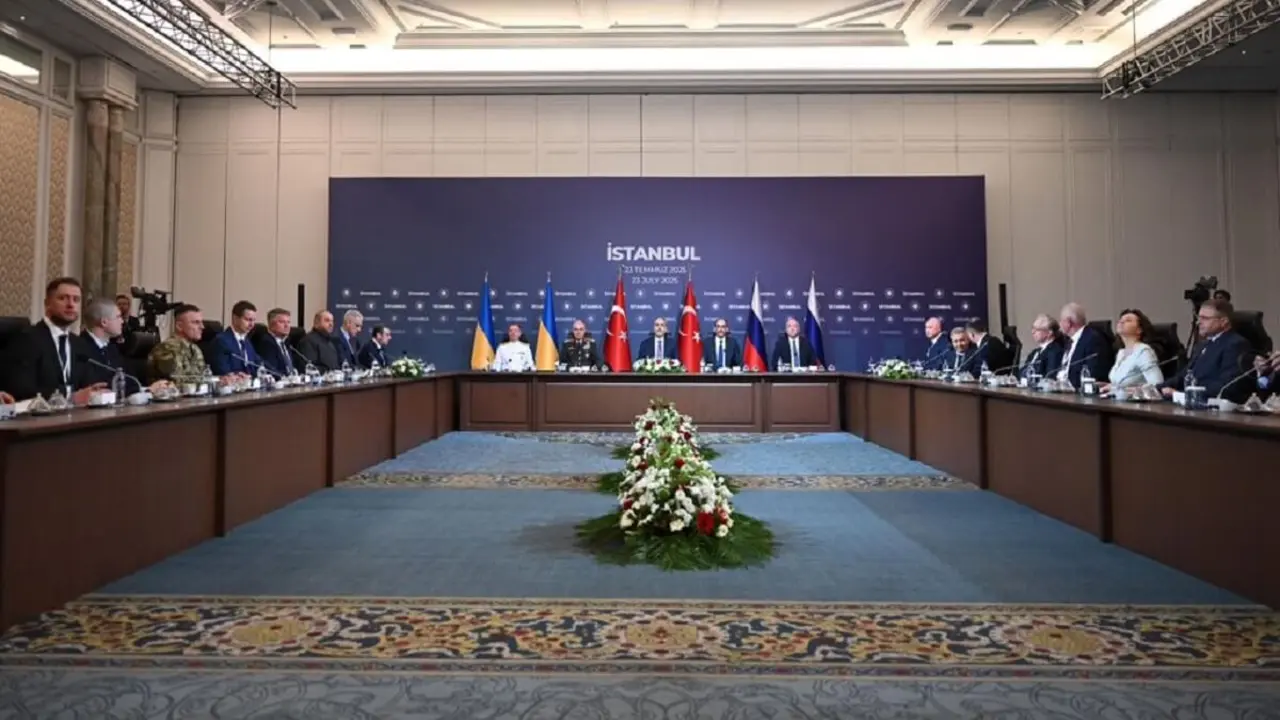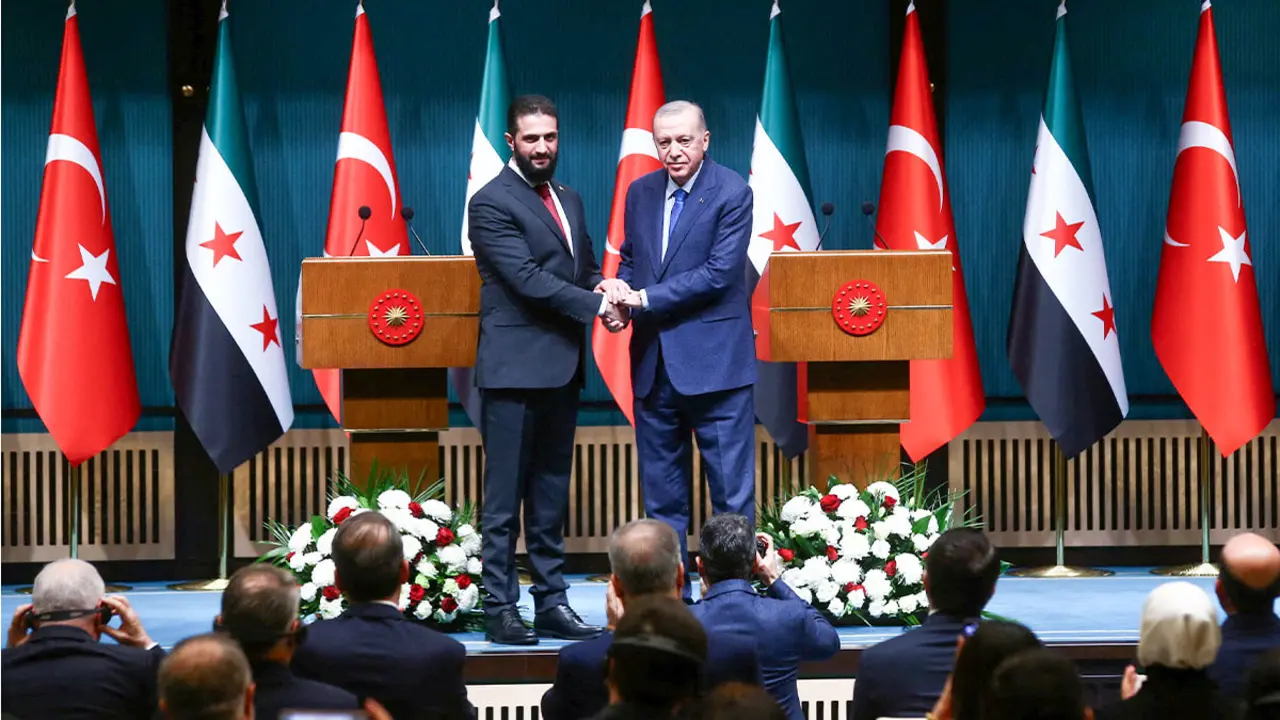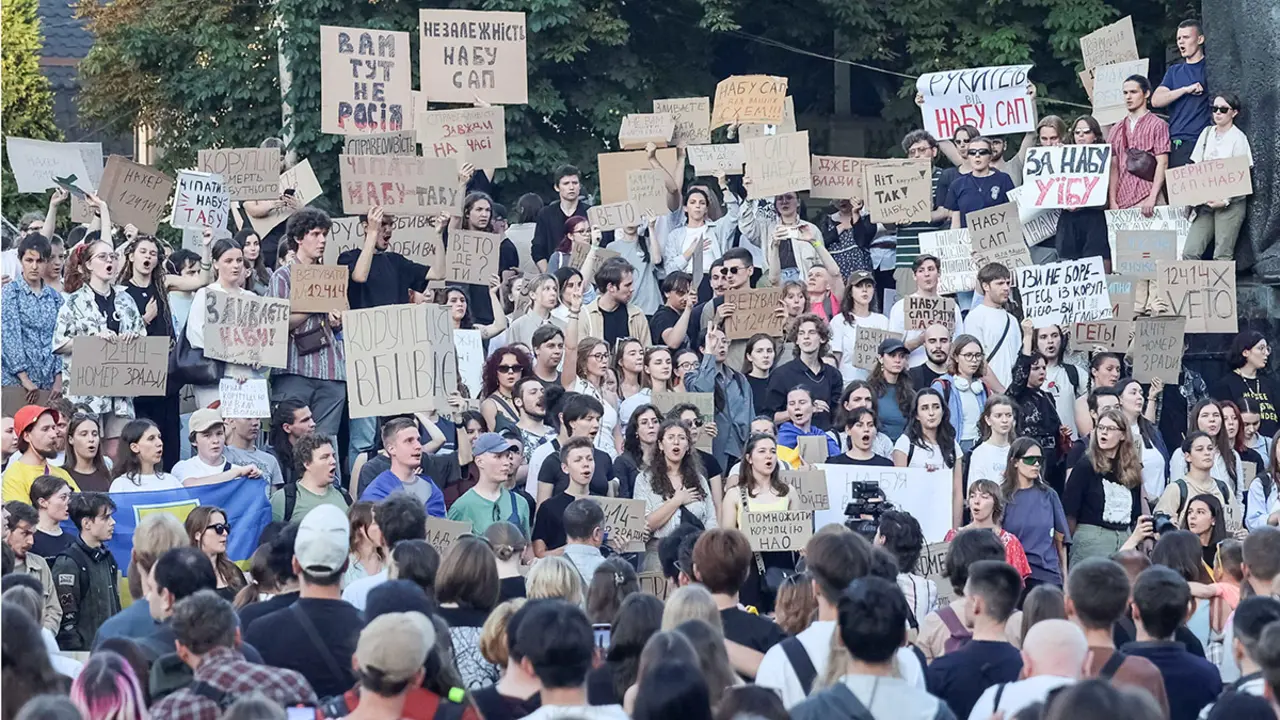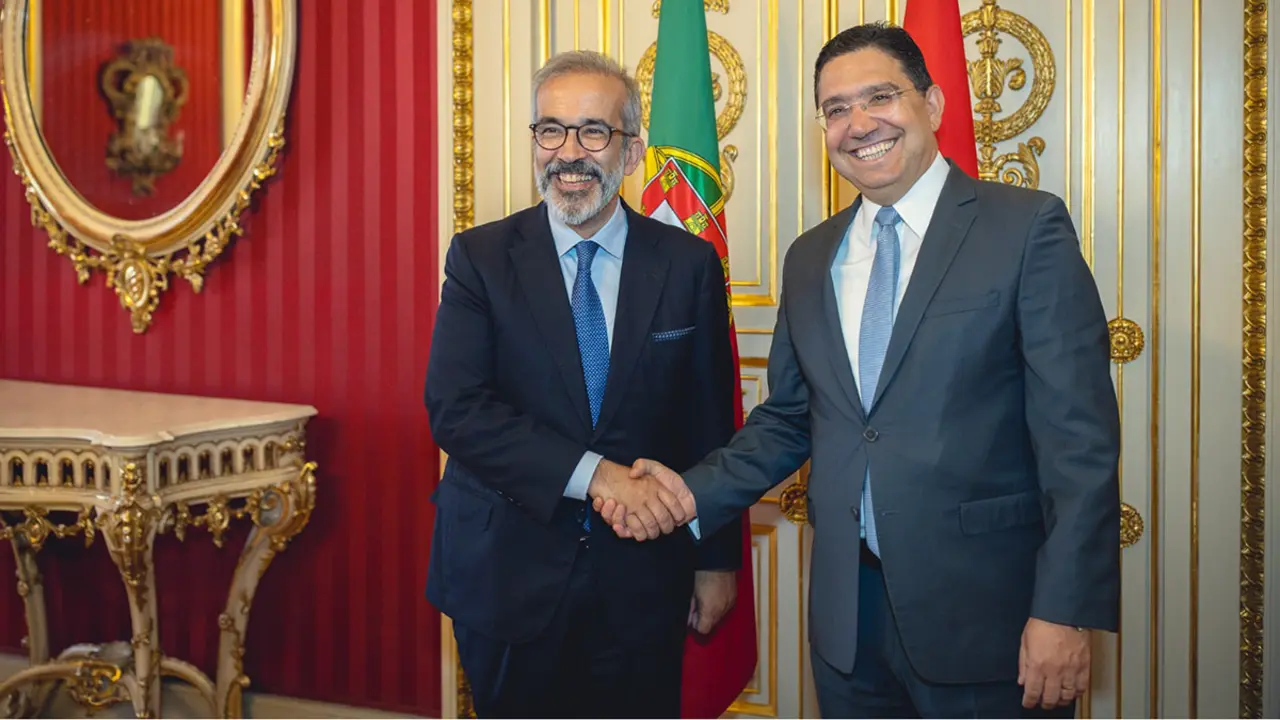Syria donors' conference raises 5.3 billion euros
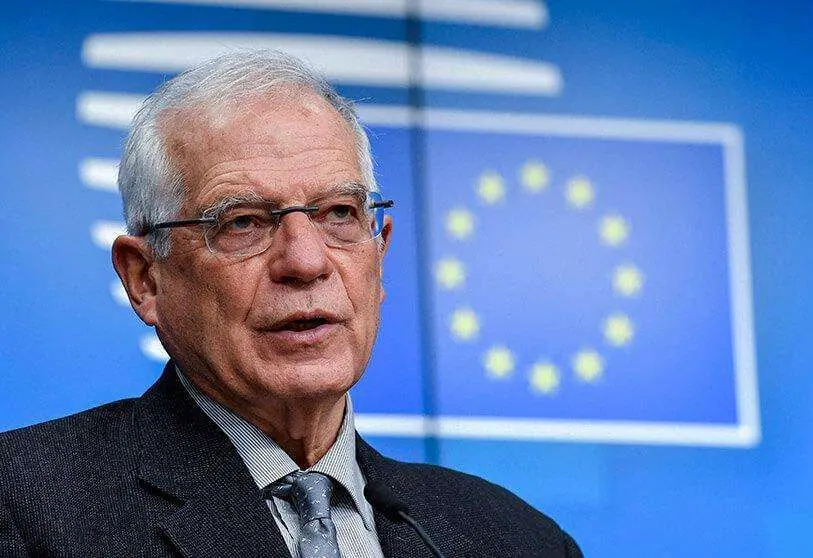
Ten years on, the reality in Syria is desperate, the population is no longer dying from bombings or the use of chemical weapons, but from hunger. The Syrian pound has fallen to historic lows, losing almost 99% of its value, a fact that worsens the prospects for a country with an economy devastated by war. The NGO Action Against Hunger (ACH) warns that 13.4 million people, three out of every four Syrians, need urgent humanitarian aid.
The European Union and the United Nations wanted to promote the fifth Brussels Conference on 'Supporting the Future of Syria and the Region', with the aim of raising as much money as possible to address the serious humanitarian crisis in the Arab country. But of the €8.5 billion that Brussels had requested to assist the victims of a decade of war in Syria, only around €5.3 billion could be raised.
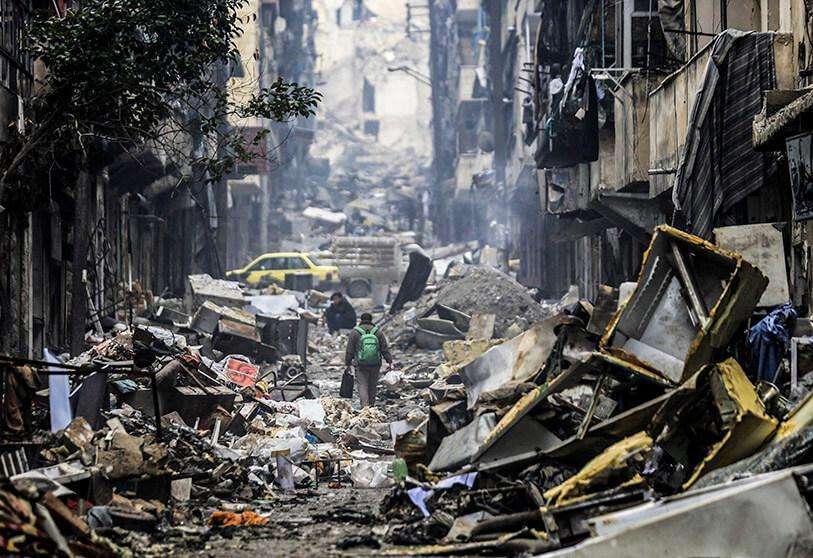
The European Union announced 3.7 billion euros, 1.12 billion euros from the European Commission and 2.6 billion euros from EU member states. The EU is the largest donor with €24.9 billion of humanitarian, stabilisation and resilience aid mobilised collectively since the beginning of the crisis in 2011.
At the forefront of humanitarian aid is Germany, which will donate 1.7 billion euros, while other countries such as the United States and the United Kingdom have drastically cut their contributions. London, which had already announced cuts in the percentage of funds earmarked for the Syrians, pledged an even smaller amount than Washington: 240 million euros, a third of what was donated in previous years.
High Representative Josep Borrell said: "A decade after Syrians peacefully took to the streets calling for freedom, justice and economic prospects, these demands remain unmet and the country is in chaos. The EU and its member states have been the largest provider of support to Syrians for the past ten years and continue to believe that it is up to Syrians to decide the future of their country. A future in which all Syrians feel safe, free and have a dignified life. With the Brussels Conference, the EU has once again brought the international community together to reaffirm our political and financial support to Syrians and neighbouring countries and to a political solution to the crisis."
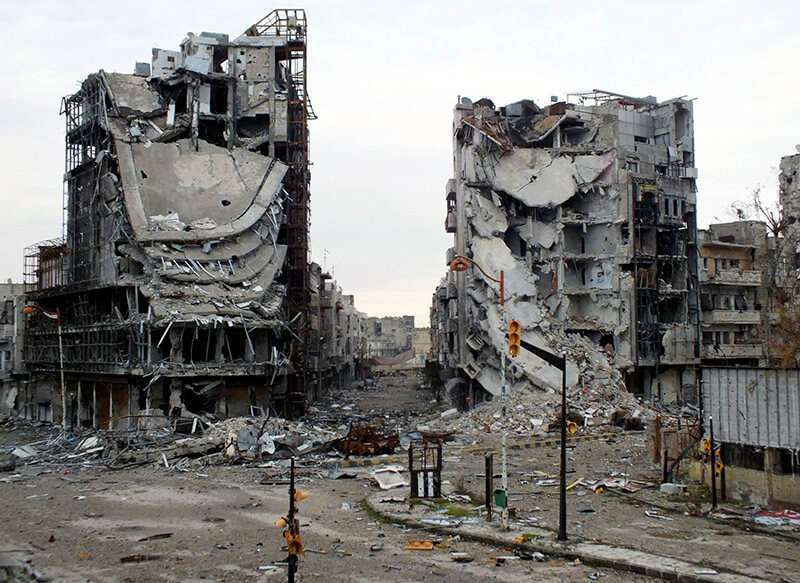
Since 2017, the Brussels Conferences on "Supporting the Future of Syria and the Region" have brought together the international community in support of the UN's efforts towards a political solution to the conflict in line with UN Security Council Resolution 2254. They have enabled the donor community to commit vital humanitarian and financial support to the Syrian population and to neighbouring countries hosting Syrian refugees. In addition, the five conferences have provided a platform to bring together representatives of Syrian, regional and international non-governmental organisations and civil society with policymakers during the "Days of Dialogue".
Yet this year's conference has fallen short of the €8.5 billion target that Brussels had requested. The Syrian war is a conflict that has dragged on for a long time and is no longer considered a priority by many countries. It is also necessary to add the current difficulties that many donor countries are experiencing as a result of COVID-19.
Syria is now entering its tenth year of conflict, a war that is leaving harrowing figures: more than 387,000 dead, according to the Syrian Observatory for Human Rights (OSDH), 5.6 million refugees abroad and around 6.7 million internally displaced people, according to the United Nations (UN).



